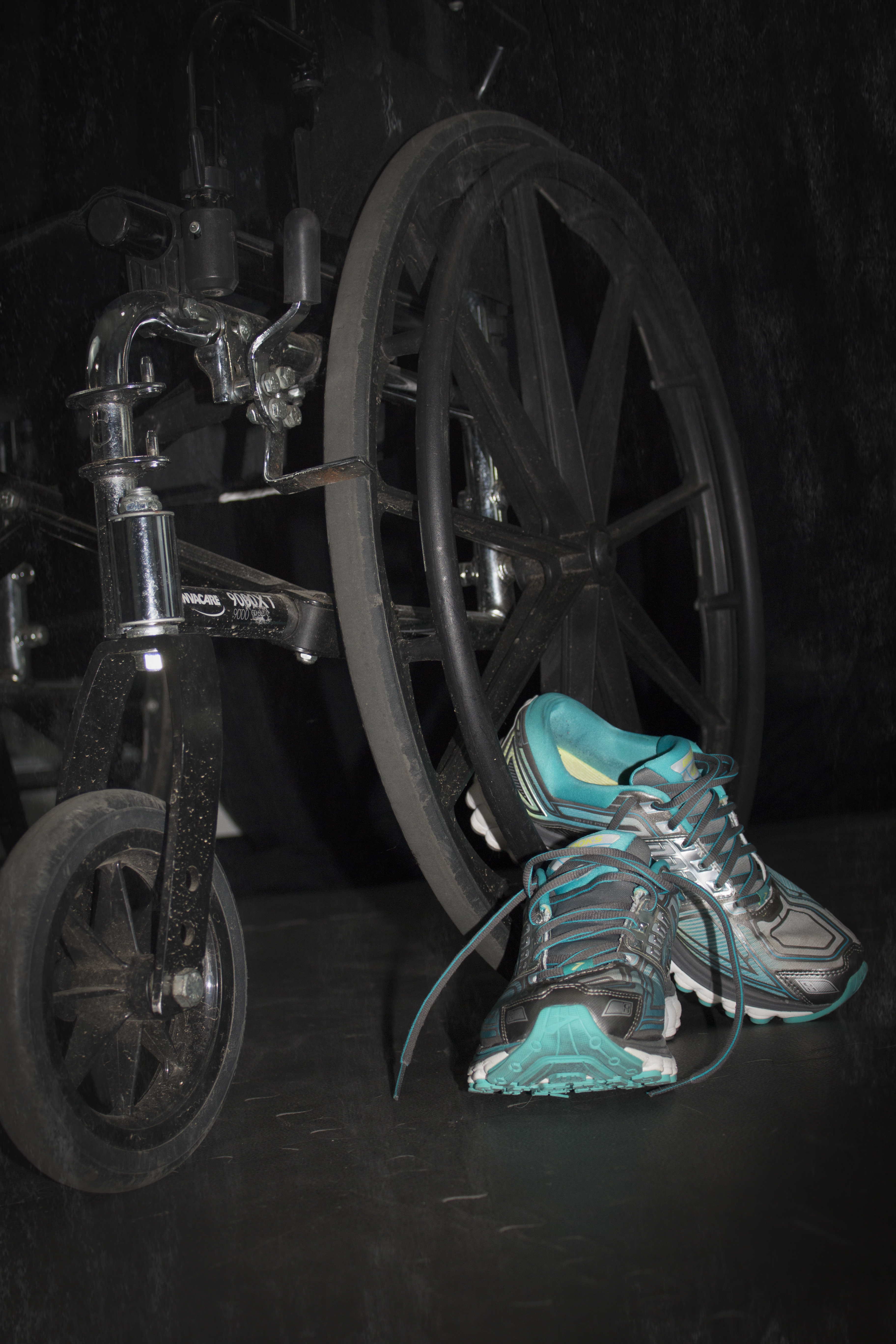Physicians diligently work to heal our bodies from our physical illnesses, but little is said about the mental recovery we must inevitably face after our bodies heal. There are many unforeseen challenges that those recovering from prolonged illness face as they reintegrate into society.
Our comfort zone is as big as we allow, or in the case of patients with prolonged sickness, our comfort zone is as big as our illness allows. Our world has been so small for so long. Basic tasks healthy people routinely do without a second thought can stretch our comfort zone and stir up debilitating anxiety. We are often left in a downward spiral of confusion and exasperation, wondering where we fit. Situations like being in large groups at the mall or church can cause a “peopled-out” or “sensory-overload” experience, even for those of us who liked being around crowds of people prior to illness. It is not uncommon for those in the recovery phase to have to prematurely leave events because just existing in open spaces with people is too overwhelming. It’s a long way to go from having your biggest outing be getting out of bed to more social settings such as going to the mall on Black Friday.
One thing I noticed after entering the recovery phase following a nine year battle with neurological Lyme disease was that I would accidentally find myself shouting in conversations because that was how much energy it required to speak with others when I was in the worst phases of my illness. While part of me is working to get used to the feeling of being healthy, the other part of me still has anxiety about the possibility of relapse. Even sitting down to write this article brings insecure feelings to the surface. What if I flare-up again and get brain fog? What if I can’t find the words?

My brain has been clear for a while now, but my confidence lags as I still feel uncertain of my abilities to have deep conversations in real time. It is hard to quantify the damage that occurs when you are mid-sentence in an important conversation and suddenly can’t seem to find your words. In desperation, your brain grabs the word sitting next to the intended word on your mental shelf, leaving your message jostled and confusing to the listener. Your confidence is shattered as you feel unheard and misunderstood, and you can’t piece the words together to advocate for yourself – that is if you remember what you were saying at all.
It can be hard to find the courage to push through the fear and self-doubt as we rebuild our lives. The hurdles we need to overcome in the recovery stage of illness are not only vast, but distinctly individual. Just like how our bodies needed to be treated as individuals, our mental recovery is just as, if not more, distinctly individual.
Some of us will struggle more with groups than others. Some will have trust issues after being repeatedly misdiagnosed and disregarded by healthcare professionals and/or even worse, by our friends and family. Others may find that after pushing through and ignoring symptoms for years until their bodies crashed, they might panic with every minor symptom, thinking it could lead to something serious. Depending on when we got sick we could have missed important milestones such as prom, college, or even dating – leaving us feeling developmentally or socially behind our healthy peers.
That is when we need to dig deep and call upon our courage to press through the nagging insecurities. After all, the same perseverance it takes to get through all the intrusive tests, painful needle sticks and exhausting medical appointments, is the same perseverance that we can use to conquer our fears and reintegrate into society. It will take time. And we will need to be gentle and gracious with ourselves in this process, just like we had to learn to be as we battled chronic illness.
We want to hear your story. Become a Mighty contributor here.

